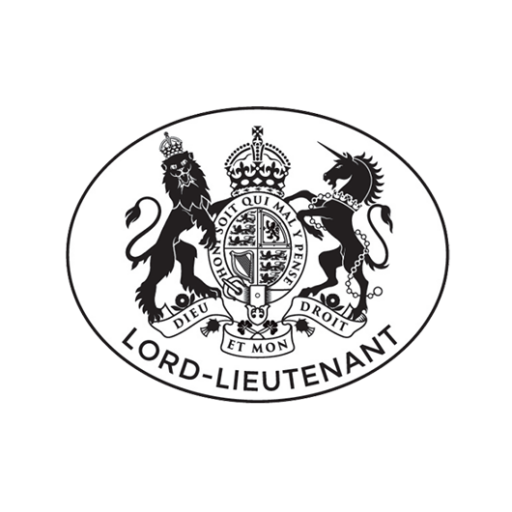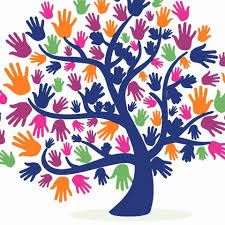COVID-19/Coronavirus: Safety tips for survivors
Please see the full details of safety tips for survivors:
https://www.futurelivinghertford.co.uk/covid-19-domestic-abuse
Recognising the signs of domestic abuse.
Domestic abuse includes patterns of physical violence, controlling, threatening and coercive behaviour, that can also be emotional, economic, psychological or sexual. Isolation is a key tool for perpetrators in controlling their victim. COVID-19 has leant itself to this form of abuse escalating, as people can’t just leave the house.
Who can I contact during COVID-19 if I am living with an abusive partner and I’m worried about myself and/or my children?
Future Living Hertford are continuing to work normal office hours from home to support people who are living with abusive partners. Our confidential and dedicated telephone number is 07775 107520 from 8 to 4pm Monday to Friday where you can seek advice and support. We are also offering free to access telephone counselling appointments where appropriate. You can also go to our website www.futurelivinghertford.co.uk for further resources. Alternatively you can call the national abuse helpline on 0808 2000 247 or go to their website www.nationaldahelpline.org.uk for further help. If you are having to self-isolate with a perpetrator of domestic abuse and concerned that he may be checking your devices you can seek help on our website by submitting an online web form.
Hints for keeping safe during lockdown
Keep your phone charged at all times in the event of an emergency.
If you are in immediate danger:
Call 999 in an emergency; if you are unable to speak on the phone, there are systems in place to connect you to the right service:
-
If you are calling from a mobile phone, you can use the ‘Silent Solution’ system. Press 55 and the operator will transfer the call to the relevant police force as an emergency. The police call handler will then ask you a series of simple yes/no questions. If you’re still not able to speak, listen to the instructions you are given so the handler can assess your call and send help. Please note that calling from a mobile does not allow the police to track your location.
-
If you are calling from a landline, pressing ‘55’ will not work. If you can’t speak you should stay on the line and the operator will connect you to a police call handler. If you need to put the phone down, the line will stay open for 45 seconds. If you pick it up again during this time and the operator is concerned for your safety, they will put you through to a police call handler. Calling 999 from a landline means the police may be able to retrieve information on your location to send help.
If an abusive situation arises whilst at home for either you or your children
-
If your partner becomes violent avoid any areas in the home where there might be potential weapons; e.g kitchen or garage
-
If you have a support network of friends or family agree a secret word so that if you send that word in a text or message and they will call the police on your behalf and report that you are in danger
-
If you are able, always keep access to money e.g. bank card, small amount of cash, car & house key, some form of I.D, passport and driving licence somewhere safe to access in the event you need to leave urgently.
-
If you have children explain to them about what to do in the event of an abusive situation or if they become frightened because of escalating violence. They should not intervene but agree a safe space for them to go to and for someone to raise the alarm.
-
If you or they are unable to leave the house lock yourself in a room – plan ahead and agree how you would do this with your children. Call 999 for urgent assistance.
One last thing before you go – remember this is not your fault, domestic abuse is a crime and the police will always respond to a 999 call in the event of domestic abuse. The only person responsible for choosing domestic abuse is the perpetrator – nothing you have done will give anyone the right to abuse you.


